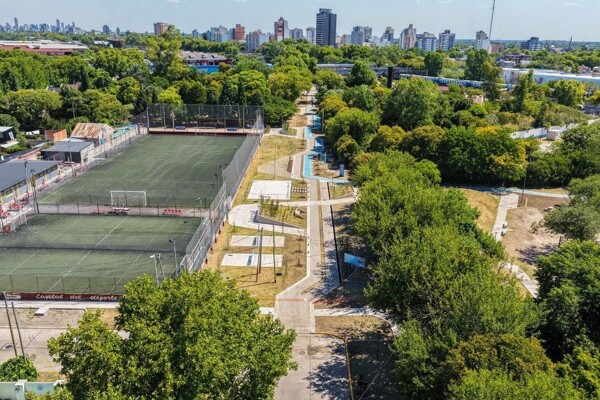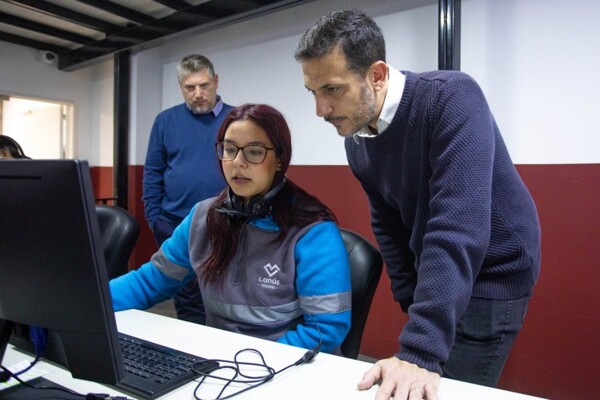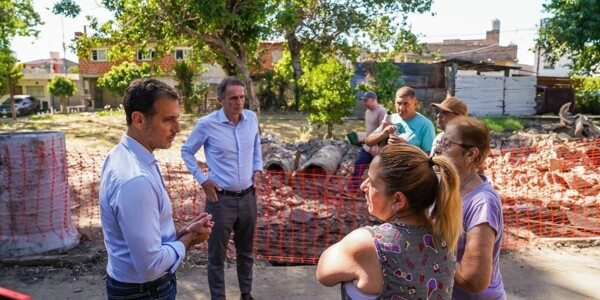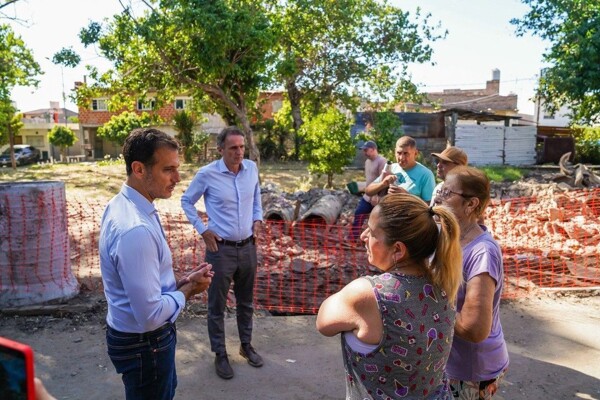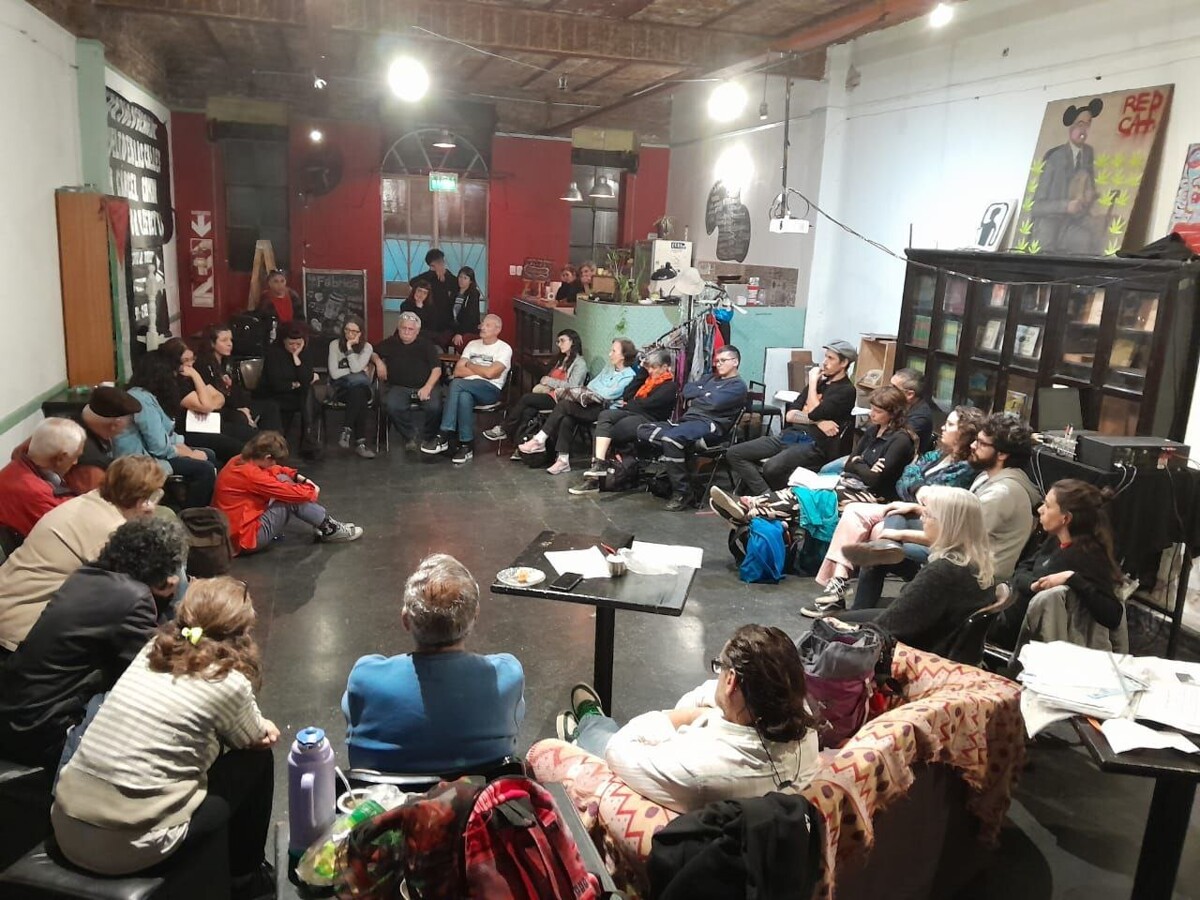
Since the Cordobazo onwards, the rise of class struggle led to the fall of the dictatorship and ended the proscription of Peronism. At the same time, internal commissions and bodies of delegates were reestablished in numerous factories. In the cycle of protests that began in 2001, there was widespread rejection of neoliberalism by broad social sectors. However, as a comrade pointed out, it is questionable that after 7 years of dictatorship and 42 of democracy, the masses choose to support Milei, which requires a deeper analysis.
During the Rodrigazo, the inter-factory coordinators that operated for 25 consecutive days achieved the resignation of Celestino Rodrigo and Lopez Rega, the Minister of the Interior and responsible for the triple A. In the documentary "Parapolicial Negro", the criminal history of two leaders close to Lopez Rega is shown, as well as the impunity of their crimes and the cynicism of one of them.
At a meeting held on May 2 at La Casa del Pueblo in Lanús, a group of comrades gathered to debate with survivors of that era about the aforementioned documentary. Nora Saldúa, a militant of the PST and a survivor of the La Plata massacre, along with Rodolfo Giardino, a militant of the PRT, were the panelists who opened the debate.
Nora highlighted the political context in which the documentary is framed, emphasizing the rise of class struggle during Perón's return. Episodes such as the La Plata Massacre were mentioned, and there was a discussion about the continuities and breaks in political power and in the revolutionary left organization in recent decades. Daniel De Santis, former delegate of Propulsora Siderúrgica, recalled his experience and emphasized the importance of the working class in political struggle.
The debate organized by the Campaign for the Expropriation of the 3rd Police Station of V. Alsina for a Space of Memory in Lanús generated interaction among different generations of militants, fostering a political dialogue between former members of the PRT and the PST, as well as between activists from different resistance movements. Topics such as the fear of struggle, state and paramilitary violence, and the need to preserve historical memory were addressed.
Participants reflected on the role of democracy in making certain repressive continuities invisible and the impact of the media on political activism. The demand for opening the files of the 70s, the disaffection of the 3rd Police Station, and its transformation into a community memory space was raised. Additionally, testimonies about experiences in clandestine detention centers were shared, and the impunity of the crimes of the triple A was denounced.











